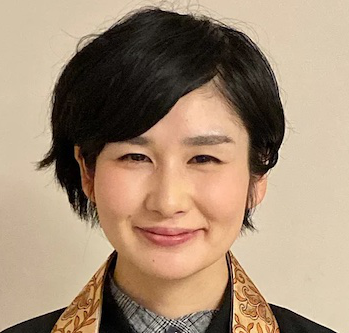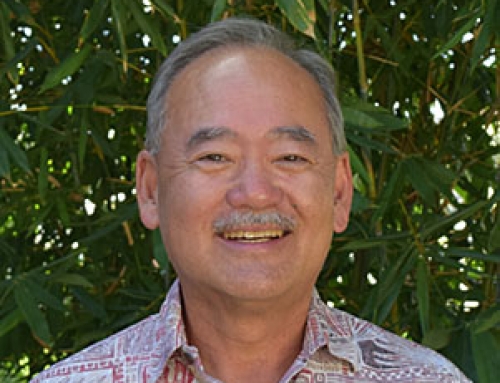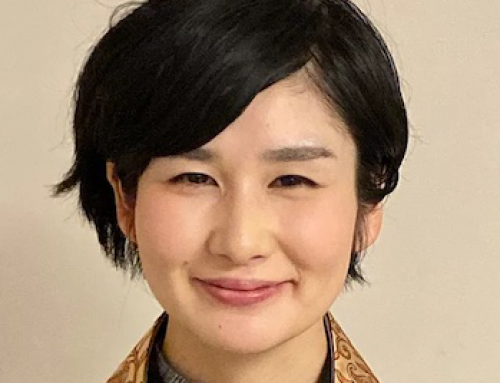In our world, we have words. Words are tools, so to speak, used to point to certain things. Therefore, the word itself is not the same as the thing itself. Just as you see a red round fruit and use the word “apple” to describe it, the word “apple” cannot be bitten and eaten, there is no intrinsic connection between the word and the thing itself. It is just labeling the thing. The name we give ourselves is also a word.
Why do we have words? It is just because it is simply convenient. It is useful for us to have words and names to point to a person and thing other than oneself. For example, there is an animal with a unique name: the Emperor penguin. Until the 19th century, when humans could not go to Antarctica, the largest penguin in the world was considered to be a species called the King penguin. However, when it became possible to go to Antarctica, penguins larger than the King penguin were discovered. So they named them the Emperor penguin because it was greater than the King. From the Emperor penguins themselves, they are themselves. The penguins would never imagine that they would be called Emperor penguins by humans. They are just given names like this for the sake of convenience, so that humans can identify them with others.
The same goes for our names. I am Etsuko, but I was not born calling myself Etsuko from the beginning. My parents gave it to me afterwards, putting their wishes into the name and attaching meaning to my life. This name that each one of us has is a name that distinguishes us from others. Thus, we have words and names because it is useful to use words and names to point to things and recognize them as common things when we talk to someone about the same subject. How do you see this world in this way? There is nothing that does not have a name. I believe that everything that can be recognized with a name has been given a name by human beings for their own reasons and convenience.
Names indicating gender, occupation, ideology, role, and even position are names given for the sake of convenience in living in human society, but at some point, humans became attached to them and brought in values of superiority and inferiority, loss and gain, and began to discriminate and look down upon some.
In such a word full of human convenience, there is only one name of enlightenment that transcends such human values.
That is Namo Amida Butsu. It is not a mere sound. It is the dynamic workings of enlightenment itself, which transcend human world’s good and bad, it manifests itself over our lives as words from the world of enlightenment. “Namo ” means to bow one’s head. “Amida Butsu” means the Buddha with the immeasurable life and inconceivable light. It is a direct and urgent command from Amida Buddha for us to awake to the truth.
What if we were to try to express our life in words? Some might lament that it would only take a few words. But the truth is, there is no single factor that makes me, the person I am, consist of an absolutely unchanging “I” alone. When we view our own lives in relative relation to the myriad invisible connections that penetrate from the past to the future, our standpoint changes infinitely and we see ourselves and others as beings who are allowed to exist within such a big infinite connection of life.
In our recitation of Namo Amida Butsu, it literally tells us that each life is included in such an inconceivable and immeasurable life that can never be measured by words or calculations existing in the human world.




